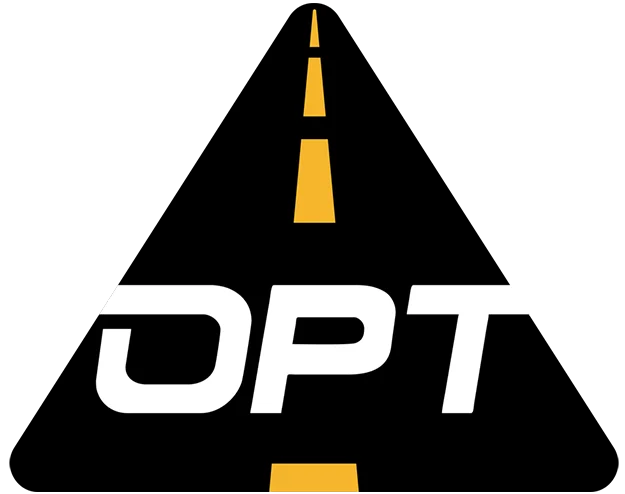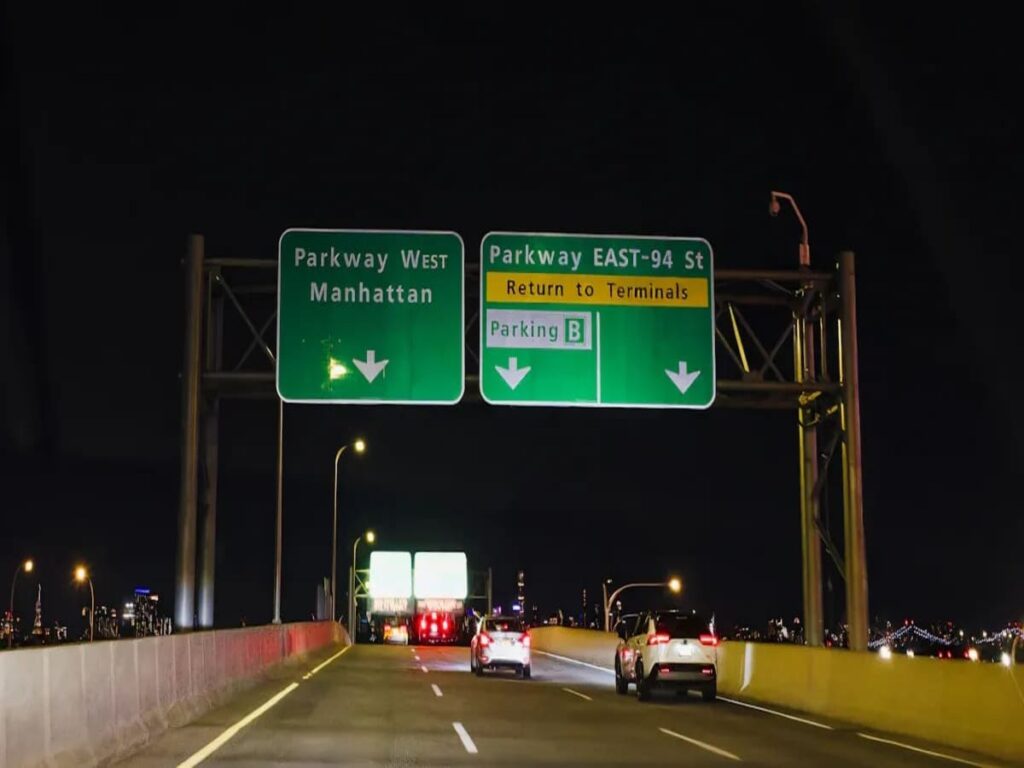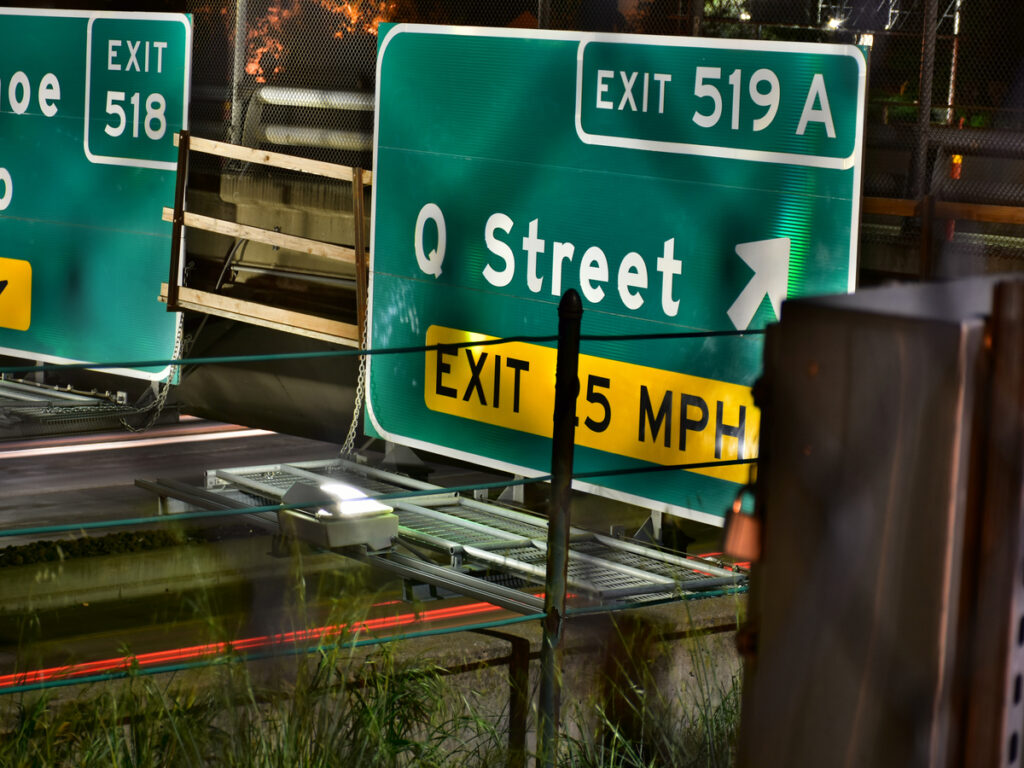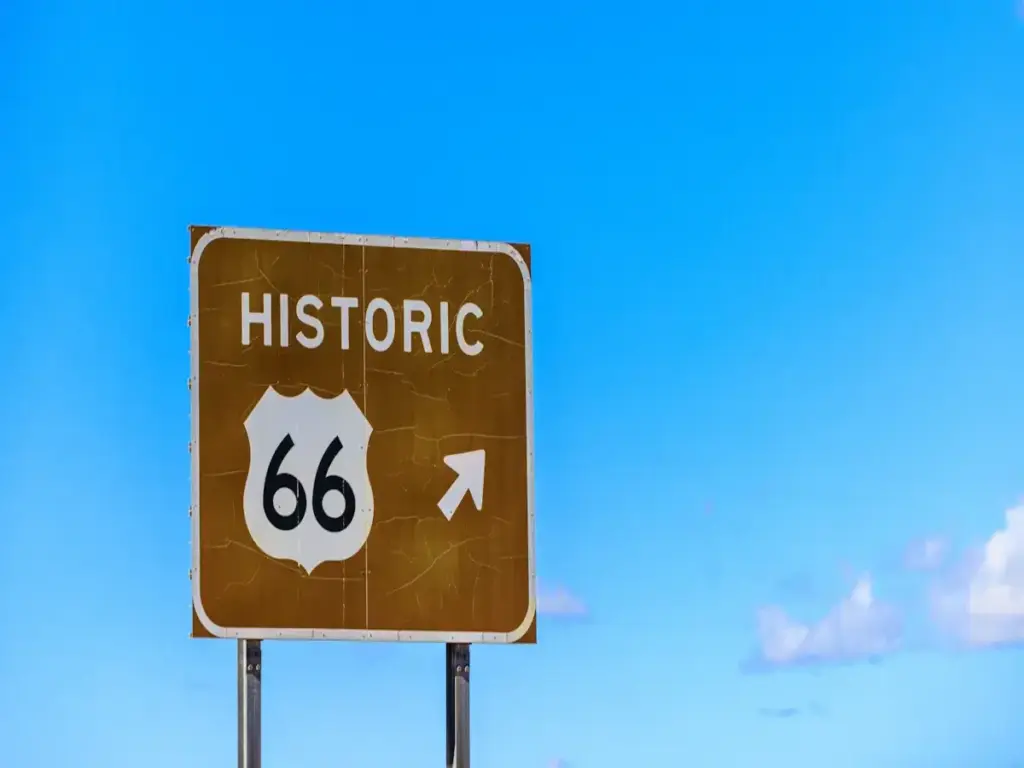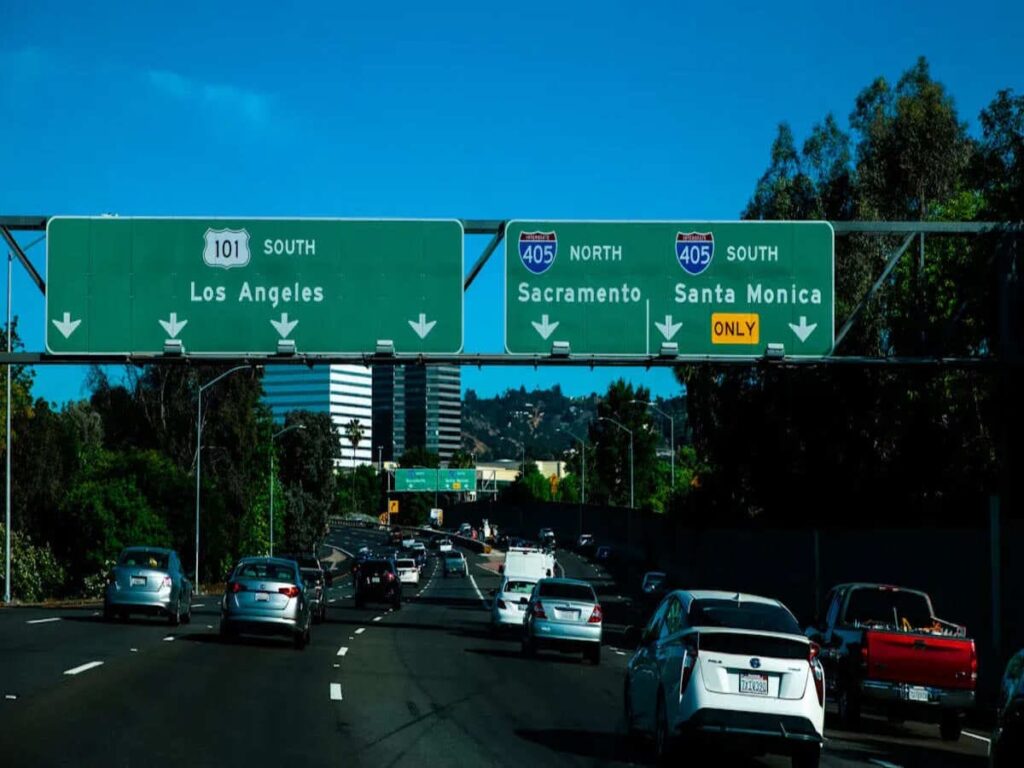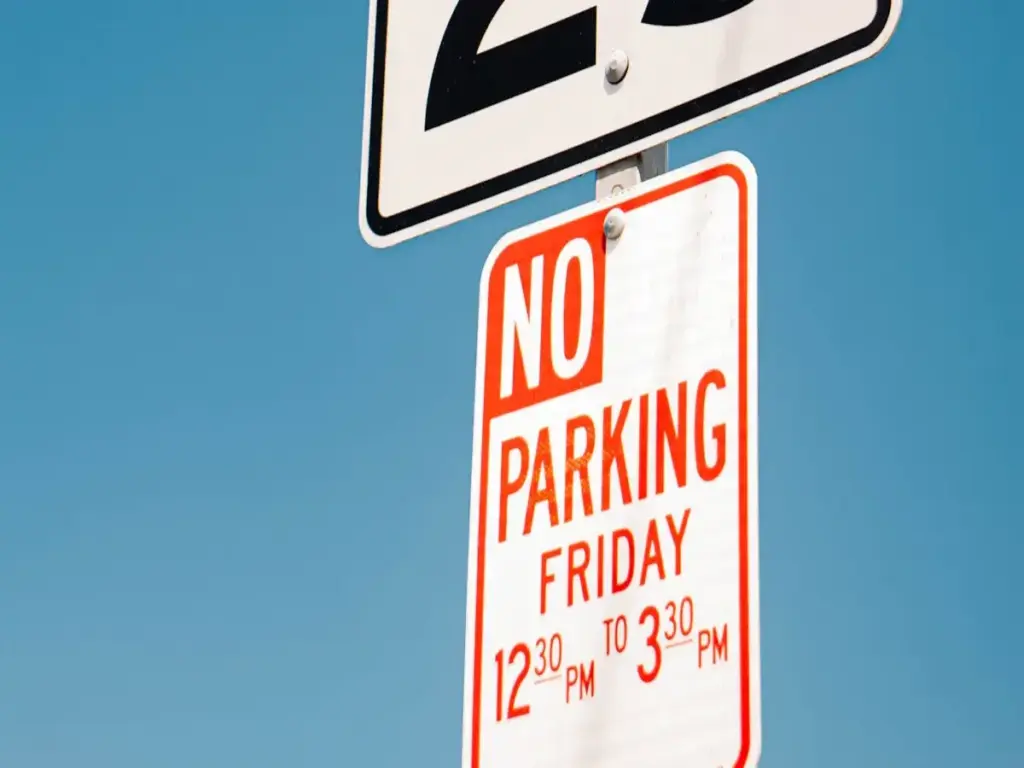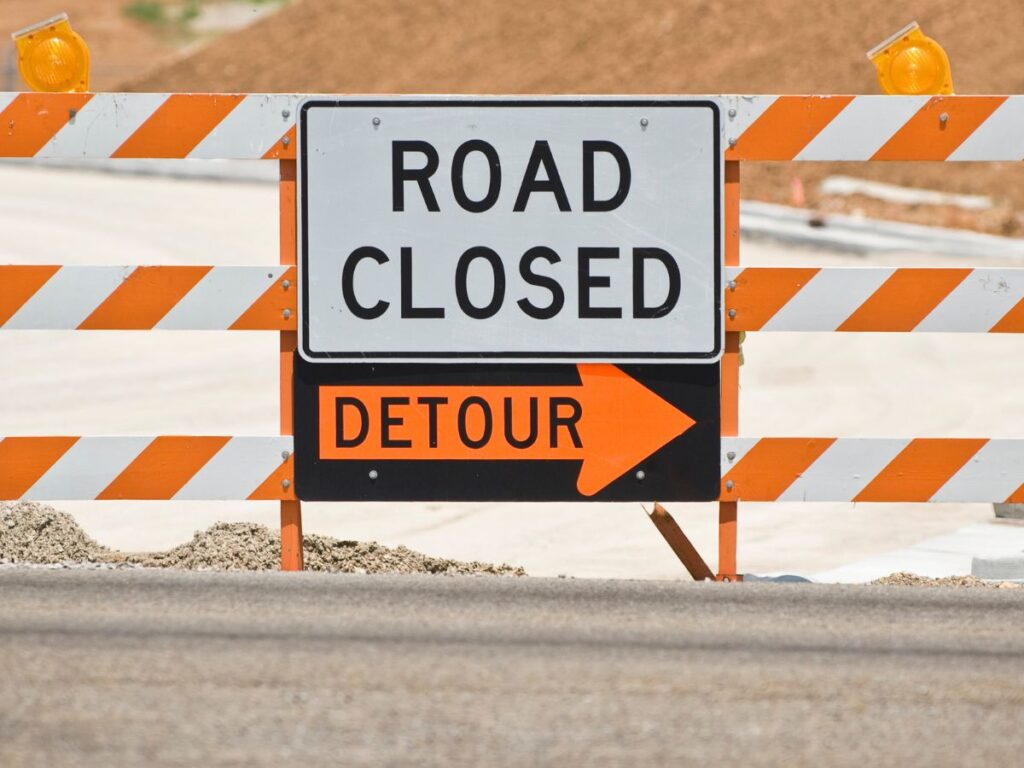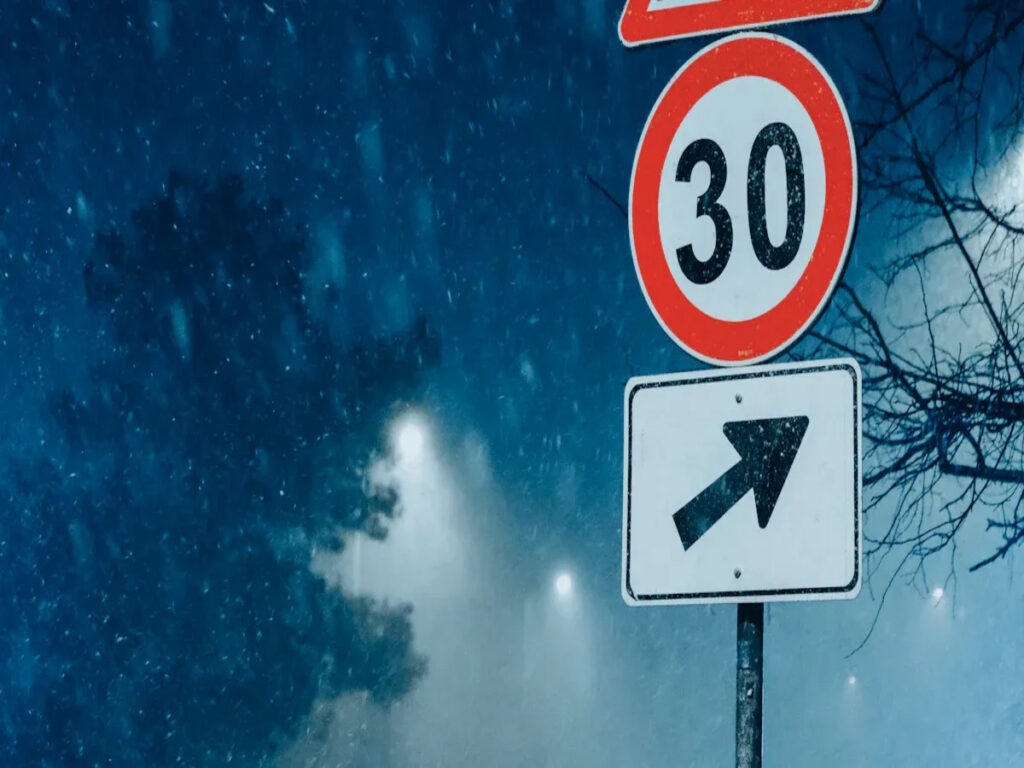
Speed limit traffic signs influence how people drive every day and play a crucial role in road safety. Speeding is responsible for over half of fatal road crashes worldwide, leading to an increase in traffic-related deaths. Au fil du temps, speed limit traffic signs have evolved from simple rules to providing specific advice tailored to each road. Modern traffic signs incorporate principles from engineering and law enforcement, demonstrating that lower speed limits and safer roads help reduce crashes.
Principaux à retenir
- Speed limit signs started with simple rules. Maintenant, they give smart advice for each road. This helps stop crashes and saves lives.
- Signs use clear colors and shapes. This helps drivers see and follow speed limits. Cela rend les routes plus sûres pour tout le monde.
- New technology uses digital and smart signs. These signs change speed limits right away. They look at traffic and weather to do this.
- Advisory speed limit signs warn drivers about danger. Ils aident à arrêter les accidents. These signs are not forced by law.
- À l'avenir, traffic signs will work with self-driving cars. They will also connect to smart city systems. This will make roads safer and smoother for all people.
Early Speed Limit Traffic Sign History
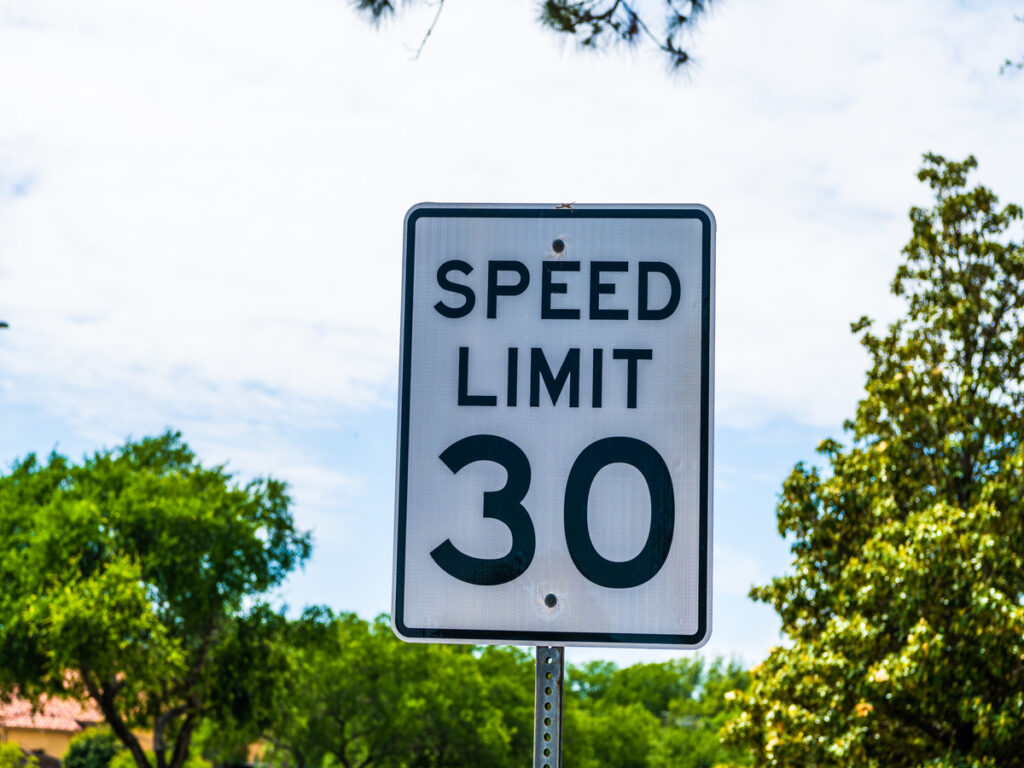
Pre-Speed Limit Era
In the early days of road travel, people moved at their own pace. Horses, carts, and early bicycles shared unpaved roads. No official speed limit signs or traffic signs existed. Travelers relied on their own judgment and local customs. Roads had few rules, and accidents happened when people moved too quickly or carelessly.
The first real effort to control speed came with the UK’s “Red Flag Act” dans 1865. This law introduced the world’s first road speed limits. It set a maximum speed of 4 mph in rural areas and 2 mph in towns. The law also required a man to walk ahead of each vehicle carrying a red flag. This person acted as a moving warning sign for others. The Red Flag Act slowed the growth of the car industry by making travel difficult and slow. Plus tard, lawmakers repealed the Act in 1896, raising the speed limit to 14 mph. This change allowed cars to travel faster and helped the industry grow. The Red Flag Act laid the foundation for future speed limit laws and the history of traffic signs.
Note: The Red Flag Act showed how early speed limit laws used both people and signs to warn others about vehicles.
First Speed Limit Signs
As cars became more common, America began to create speed limit regulations. The first speed limit signs appeared at city and town limits. These early traffic signs were simple and not reflective. They did not have lights, so drivers found them hard to see at night. Dans les années 1920, some cities in America started to use lamps to light up speed limit signs. When this was not possible, they used “cats eye” reflectors to make signs visible in headlights.
Early speed limit signs in america had these features:
- Rectangular shape, taller than wide
- Black and white colors
- Large numbers showing the speed limit
- Sometimes arrows to show special zones, Comme près des écoles
Different cities in america set their own speed limits, and enforcement was not always the same. À la fin des années 1920, the interstate system in america adopted many design elements still seen today. These included the tall rectangular shape and black-and-white color scheme. Early speed limit signs marked the start of more organized traffic signs and speed limit regulations.
Standardization of Traffic Signs
National Regulations
National speed limit laws helped drivers know the rules. Au début des années 1900, cities made signs easier to see at night. They used lights and reflectors on traffic signs. Le NCSH Urban Manual dans 1930 set rules for sign size and fonts. Par 1935, the MUTCD added yellow advisory speed limit signs. It also gave rules for where to put signs when speed changed. Le Mutcd kept changing over time. Dans 1948, it set the modern look for speed limit signs. This included the size, couleur, and codes. These updates made signs look the same everywhere in the country.
Le 1966 Highway Safety Act let the U.S. Department of Transportation set sign rules. This law made all states follow the MUTCD. Having the same speed limit sign design made roads safer. It also helped traffic move better. Radar guns in the 1950s made it easier to enforce speed limits. This showed why having the same signs was important.
Note: Standard signs help drivers know the speed limit fast. Cela abaisse la confusion et rend les routes plus sûres.
MUTCD and International Standards
Traffic sign rules did not stop at country borders. Le Convention de Vienne sur les panneaux de signalisation et les signaux brought over 70 countries together. Most were in Europe. They agreed on rules for traffic signs. The MUTCD also influenced Canada and Australia. Both systems used shapes and colors to help drivers know what signs mean. Circles are for rules, triangles warn about danger, and rectangles give information.
| Aspect | Convention de Vienne | Mutcd (USA) | Influence on International Speed Limit Signs |
|---|---|---|---|
| Geographic Adoption | Sur 70 pays, mainly Europe | Primarily USA, Canada, Australie | Widespread standardization, especially in Europe and US-influenced countries |
| Sign Shapes and Colors | Cercles, triangles, rectangles | Consistent shapes and colors, avertissements sur les diamants | Uniform shapes and colors for quick recognition internationally |
| Use of Symbols vs. Mots | Symbols for multilingual understanding | Words and symbols for clarity | Reduced language barriers in speed limit signs globally |
| Speed Units | Kilomètres par heure | Kilomètres par heure | Différences régionales, but clarity in units used on signs |
| Matériaux réfléchissants | Required for visibility | Required for visibility | Improved night-time visibility and safety worldwide |
| Regional Adaptations | Some local variations | Some state-level variations | Mixed signs help international drivers |
| Impact on Safety and Travel | Reduced confusion, sécurité améliorée | Consistent signage improves safety | Enhanced driver comprehension and enforcement of speed limits internationally |
| Support for Emerging Tech | Supports uniform signage for self-driving cars | Supports technology integration | Future-ready traffic systems with standardized signs |
International rules make travel between countries safer and easier. Drivers who follow the rules and know the signs can travel without problems. Uniform traffic signs help drivers know speed limits in new places. These rules help keep travel safe and smooth.
Evolution of Speed Limit Signs
Color Coding and Design
Speed limit signs have changed a lot over time. Il y a longtemps, signs were painted by hand and hard to see at night. Plus tard, engineers and lawmakers made signs better so drivers could follow the rules more easily.
Maintenant, color coding helps drivers know what signs mean. Each color tells drivers something different:
- Red means danger or that drivers must act fast. Drivers see red in school zones, construction, or places to slow down right away.
- Yellow tells drivers to be careful. It is used for sharp curves or when speed will change soon.
- Green shows normal driving is okay. Drivers see green when it is safe to go the usual speed.
- White gives advice or information, like suggested speeds or radar feedback.
- Blue is for special information, like signs with changing speed limits.
These colors help drivers react fast and keep roads safer. Most countries use the same colors, but some places have their own rules. Par exemple, le rouge signifie danger dans de nombreux endroits, but in some cultures, ça veut dire bonne chance.
Design also makes signs easier to see. Modern signs use matériaux réfléchissants so drivers can see them at night or in bad weather. Many signs now have LED lights to make them even brighter. Some signs can change what they say, showing new speed limits for traffic or weather. These smart signs connect to traffic systems to help control cars and trucks.
Advisory Speed Limit Signs
Some speed limit signs do not set strict rules. These signs give advice to help drivers stay safe in special places. They are called advisory speed limit signs. These signs usually have black numbers on a yellow background. Drivers see them before sharp turns, près de la construction, or where weather changes a lot.
Advisory speed limit signs are not laws. Police cannot give tickets just for going faster than the number on these signs. But if a driver goes too fast and crashes, police may use the advisory speed to decide if the driver was safe.
Advisory speed limit signs help in many ways:
- They warn drivers about dangers ahead, like slippery roads or tight turns.
- They tell drivers to slow down and keep a steady speed, which helps stop sudden stops and crashes.
- In tunnels or work zones, advisory signs can lower injuries by up to 10%.
- Weather signs change speeds for rain, brouillard, or ice, making roads safer during storms.
- Some systems use sensors and computers to set speeds in real time, helping drivers react to changes.
Advisory speed limit signs work best when drivers trust and follow them. Dans certains endroits, jusqu'à 76% of drivers listen to these traffic signs, which makes traffic smoother and safer. By helping drivers in tricky spots, advisory signs are important for road safety, even though they are not enforced like regular speed limit signs.
Conseil: Drivers should always watch for advisory speed limit signs, especially in bad weather or new places.
Speed Limits Today and Technology
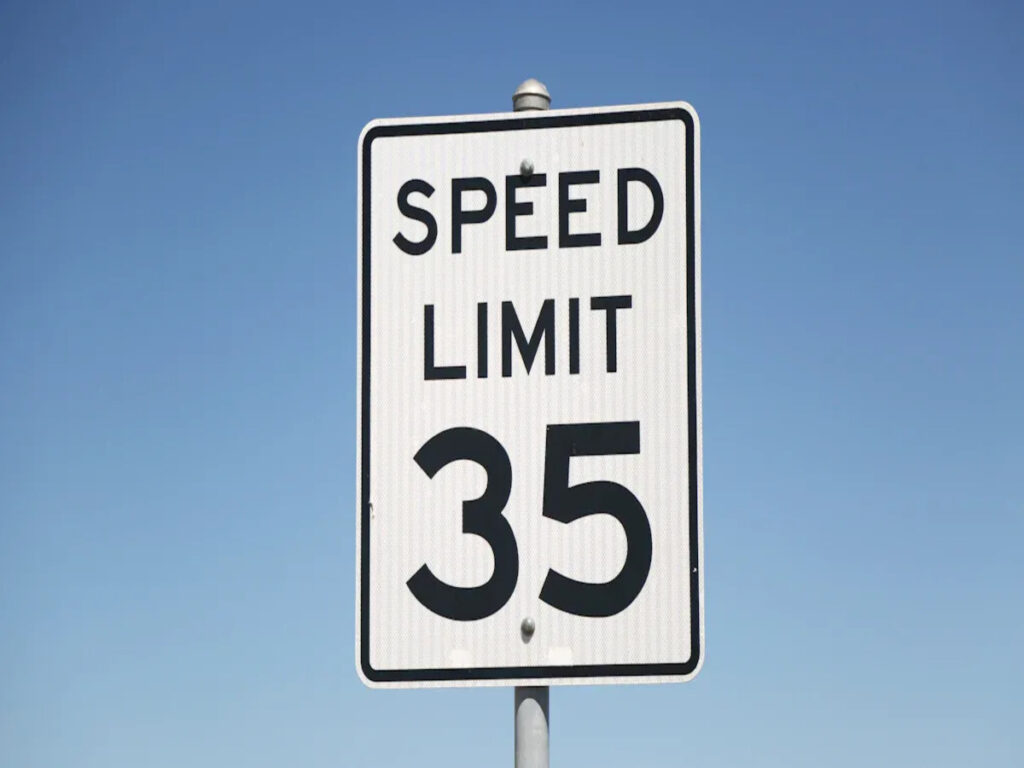
Dynamic and Digital Signs
Aujourd'hui, speed limits use new technology to keep roads safe. Dynamic speed limit signs have sensors like radar and cameras. These sensors watch traffic and weather. They collect data about how fast cars go and if it is raining or foggy. The information goes to traffic centers using wireless signals. Computers at these centers study the data. They use special programs to pick the best speed for the road.
When things change, les panneaux sont mis à jour immédiatement. If it starts to rain hard, the traffic signs show a lower speed. If traffic gets heavy, the signs lower the speed to stop crashes. Control centers can also change speeds for work zones or emergencies. This helps stop accidents and keeps cars moving.
Dynamic speed limit signs use LED screens or electronic boards. These screens are bright and easy to see, Même la nuit. People can change the signs from far away. Many signs on a highway can change at once. This helps drivers know what to do and follow the rules.
Note: Dynamic and digital speed limit signs make roads safer by changing fast when the weather or traffic changes.
Smart Traffic Signs
Modern speed limit signs have smart features to help drivers. Smart traffic signs use radar to check how fast cars go. If a car is too fast, the sign flashes lights or shows a warning. These warnings tell drivers to slow down and follow the speed limit.
Smart signs also use motion sensors to watch cars and track them. If a driver goes too fast, the system can record it and send a warning to the police. Some signs use artificial intelligence to study traffic and change speed limits right away. These systems can talk to self-driving cars and help them follow the rules.
Many cars now have Advanced Driver-Assistance Systems. These systems use cameras to see speed limit signs. They help drivers notice and obey speed limits, Même dans des endroits animés. ADAS uses color and shape to find signs and show the speed on the dashboard.
Switching to new technology for signs is not always easy. Old signs may not work with new systems or give real-time data. Signs can get old, disparaître, ou casser, les rendre difficiles à lire. Fixing old signs costs more money, and parts can be hard to find. Agencies must choose between fixing old signs or buying new ones. They also need to follow new rules and plan for future updates.
Governments pay for new speed limit signs with federal and state money. The Highway Trust Fund, paid by fuel taxes, gives most of the money. States add more money with fuel taxes, electric car fees, and road charges. Toujours, there is not always enough money for every upgrade. Agencies must pick the most important projects based on safety and money.
The Future of Speed Limit Traffic Sign
Smart Cities and Real-Time Adjustments
Smart cities use new technology to keep roads safe. Digital speed limit signs work with cameras and sensors. These signs can change the speed limit right away. If traffic is heavy or the weather is bad, the signs update fast. This helps drivers know the safest speed at all times.
Key trends for smart city traffic signs are:
- Digital signs with cameras help cities check speed limits.
- Signs use GPS, V2x, and 5G for quick updates.
- IoT and AI let signs watch speeds and change limits by themselves.
- Data from these signs helps cities plan roads and manage traffic.
- Solar and energy-saving signs cost less and help the planet.
- Governments spend money on these systems to stop crashes and support smart travel.
Digital traffic signs are becoming more common. Many cities in North America, Europe, and Asia-Pacific use them now. Smart city projects want roads to be safer and better for the future.
Conseil: Real-time speed changes help drivers react to the road. This makes travel safer for everyone.
Integration with Autonomous Vehicles
Autonomous vehicles are changing road safety for people. These vehicles use sensors and AI to read digital speed limit signs. AVs can see speed changes faster than people can. They get information from signs and change speed almost right away.
A table shows how AVs and people respond to speed limit signs:
| Fonctionnalité | Human Drivers | Véhicules autonomes |
|---|---|---|
| Speed of Response | Ralentissez | Plus rapide |
| Use of Visual Cues | Haut | Haut (plus sensors) |
| Use of Auditory Warnings | Efficace | Possible in semi-AVs |
| Adaptability in Complex Scenarios | Haut (expérience) | Improving with AI |
AVs use sensor fusion to mix data from cameras, radar, and maps. This helps them follow speed limits and stay safe. AVs still have trouble in hard traffic situations. As tech gets better, traffic signs will add more features for AVs, like talking straight to the cars.
À l'avenir, traffic signs will help both people and AVs. Panneaux intelligents, fast updates, and AI will make roads safer and better for everyone.
Speed limit signs used to have the same rules everywhere. Maintenant, they give advice based on where you are. Cities that set special speed limits saw good results. Speeds went down, and there were fewer crashes near schools and playgrounds.
- In Calgary, people drove slower and injury crashes dropped by 33%.
- In Portsmouth, 20 mph zones made road injuries go down by 22%.
New ideas like smart signs and systems that talk to cars are coming. These changes help make roads ready for smart cities and self-driving cars. Making signs the same everywhere and using new tech keeps roads safer and traffic moving better for all.
FAQ
What do the colors on speed limit signs mean?
Most countries use white for normal speed limits. Yellow is for advisory speeds. Le rouge signifie danger ou arrêt. These colors help drivers know what the sign is about fast.
How do digital speed limit signs work?
Digital speed limit signs have sensors and cameras. They watch traffic and weather. The signs show the safest speed for the road. Traffic centers can change these signs from far away.
Are advisory speed limits enforceable by law?
Les limitations de vitesse consultatives ne sont pas des lois. Police cannot give tickets just for going over them. But if someone crashes while ignoring the sign, police may use it as proof of unsafe driving.
Why do some speed limit signs show different units?
Some countries use miles per hour. Others use kilometers per hour. The unit depends on the country’s system. Always look at the sign’s unit when driving somewhere new.
How do smart signs help autonomous vehicles?
Smart signs send speed data to autonomous vehicles right away. The vehicles use this to change speed by themselves. This keeps traffic safe and smooth, even when roads change.
